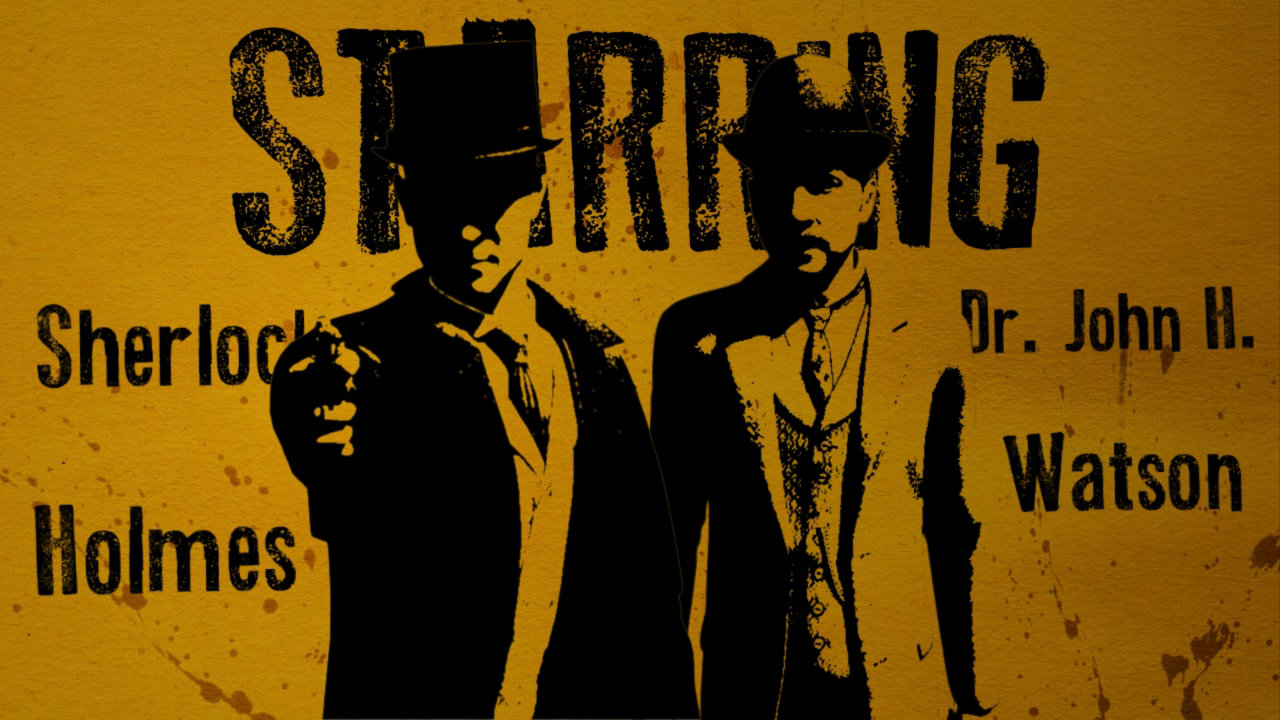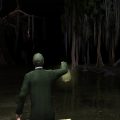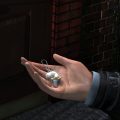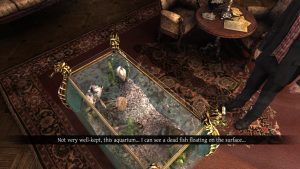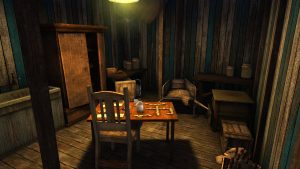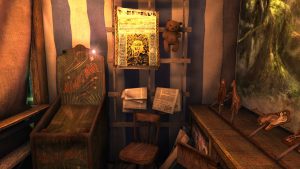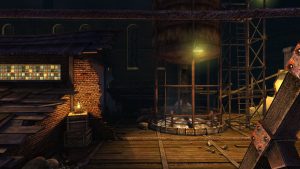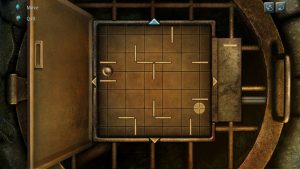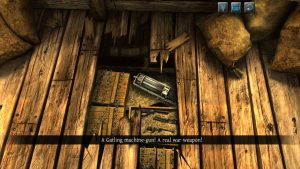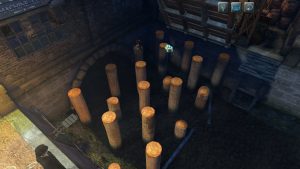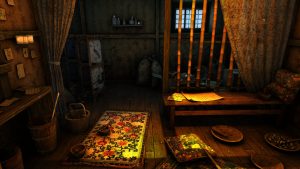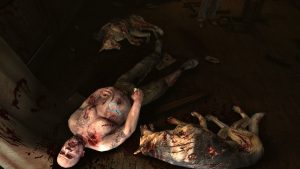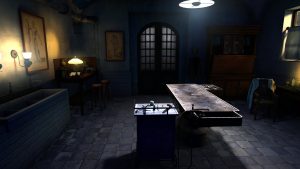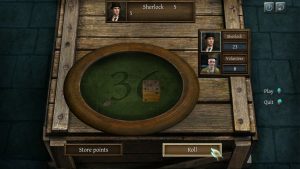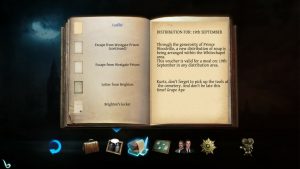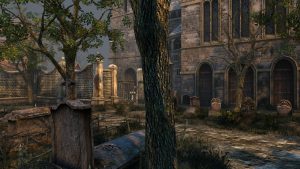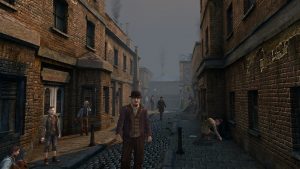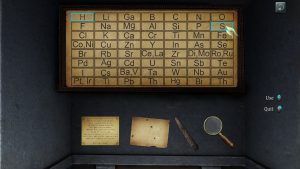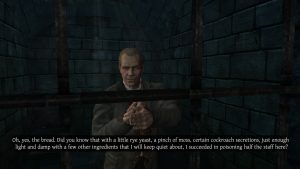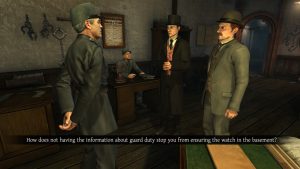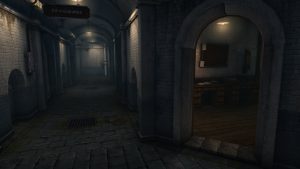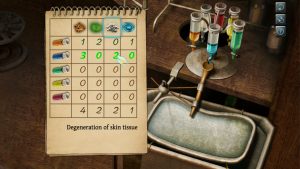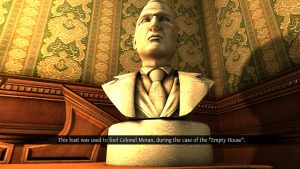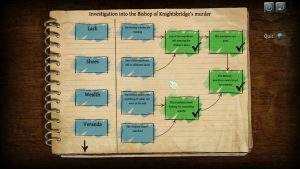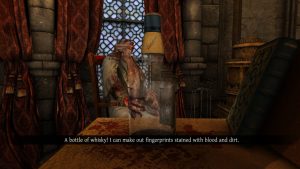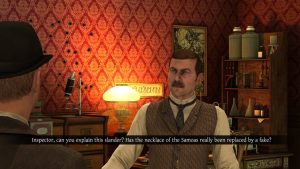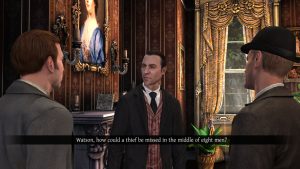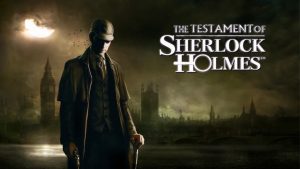- Sherlock Holmes: The Mystery of the Mummy
- Sherlock Holmes: Secret of the Silver Earring
- Sherlock Holmes: The Awakened (2006)
- Sherlock Holmes: Nemesis
- Frogwares’ Sherlock Holmes Casual Games
- Sherlock Holmes Versus Jack the Ripper
- Testament of Sherlock Holmes, The
- Sherlock Holmes: Crimes & Punishments
- Sherlock Holmes: The Devil’s Daughter
- Sherlock Holmes: Chapter One
- Sherlock Holmes: The Awakened (2023)
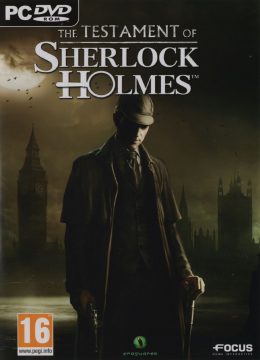
The Testament of Sherlock Holmes is a sort of ending on a chapter for the franchise. While it marks the start of Frogwares entering the era of HD gaming, something the team really wanted to do for a long time apparently, it also marks the last hurrah for the old gameplay formulas, and a transition to their modern era. The story wraps up dangling plot threads, while the game proper has a lot of small changes that add up to a more streamlined, console friendly experience. All of this is mixed with the absolutely gorgeous environments and improved presentation, resulting in a game that is, on paper, the best so far by a wide margin.
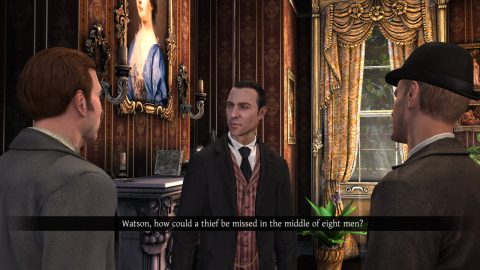
In practice, though, it’s a bit difficult to make that call entirely, as you can see the team straining under the new scope of the project. It’s not a disaster, however. In fact, it’s extremely well put together for the majority of the runtime. That just makes its few moments of failing to meet its potential stick out more then it normally would. If the crossover games were held back by their limited tech, then Testament struggles trying to fill out the adventure and narrative properly with the new, high fidelity framework and the extra work it required.
The story this time begins with a group of children exploring an attic and discovering a lost manuscript penned by John Watson. The intrigue is set in with the first lines from Watson being read as “I wish I had seen through all your lies…” After the kids go from the middle of the story to the proper start, we go through a short case with Sherlock finding a fancy necklace, showing off his deduction skills. However, a newspaper article suggests he replaced the real one with a fake, and Scotland Yard arrive to his apartment shortly after to have him examine the necklace, revealing a fake. Things start to escalate as Sherlock’s appointment with a bishop is turned into a horror show as the bishop was found horribly murdered in his office.
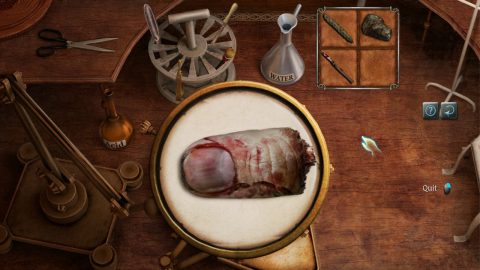
Holmes and Watson begin their investigation and go through a variety of leads, but tension starts to mount. Sherlock is acting more callously then usual, and strange actions he refuses to explain start to build on each other. This soon evolves beyond just another murder case, but a genuine test of Holmes’ and Watson’s partnership, and raises the question of how well we really know Sherlock Holmes in the process.
Testament has an ambitious and interesting core mystery to it, and the build up is great. There are a great deal many moments that leave you questioning just exactly what is happening, especially as Watson becomes the point of view character instead of Sherlock, and he’s just not as insightful to the bigger picture. It also does a great job of selling the idea Holmes may not be who we knew him as, even if it’s fairly plain he’s no villain. It’s a shame this is one of the game’s core problems.
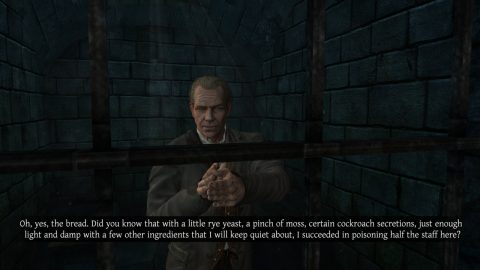
The reveal before the final chapter is a massive, girthy exposition dump that poorly explains a lot of details to put the scenario together. It’s not that the plot doesn’t make sense, but you have to do a lot of catch up on your own to get details sorted, and some remain unexplained or straining believability. There’s also very little foreshadowing for the sake of the big twist, so you’re not allowed to pick up on details and figure things out as the story moves.
There’s also weird, out of character moments here and there, like Watson and Holmes having straight up killed some people this game, and this being brushed aside (even if they were acts of self-defense). The final chapter makes up for a lot of this, thankfully, as the game allows itself to have fun with its pretty wild premise and make the most of the great character dynamics. Watson finally gets to have dignity and figure things out before Holmes, and it’s so well earned by this point. It is also fun to see Holmes at his most dickish here.
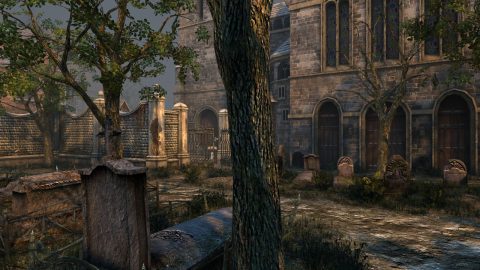
Holmes’ VA has notably changed, and it was a great switch up. His new actor gives a more realistic performance, trading the quick paced monotone gab for a more clearly egotistical snideness that works really well with the story being told here. A lot of the voice acting in general feels improved, especially among the very hammy villains. The score is fairly simple this time, but does the job for setting the mood of each segment.
Worth noting that the story shift to a purely fictional affair and the higher end graphics means the team went all out with gore and death on display. You find people tore open in this one, their fingers smashed in impossible directions, and skin chewed up. It’s gross, but so over the top that it’s hard to take seriously at all. It gives the game some messed up spectacle that really sets it apart from the other games, and even includes a proper autopsy segment (unlike Versus Jack the Ripper).
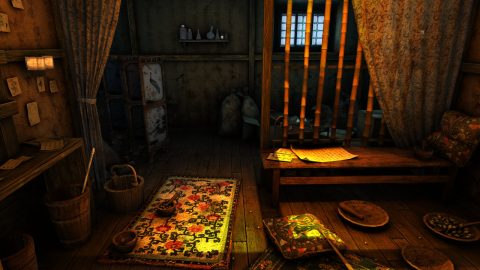
Gameplay is an extension of the old formulas, building mainly on the foundation of Versus Jack the Ripper and its investigation concepts. You have an improved deduction board that checks if something you picked is correct and shows you when you nailed it when every choice is on the mark. There are investigation minigames mixed in alongside proper puzzles, which have been toned down in difficulty this entry. Frogwares received feedback on their absurdly difficult puzzles from older titles (mainly Nemesis) and made this a bit easier this go around, with a skip feature, if desired, to move past them.
There are also new elements here, like a new camera angle you’ll never really use, and a dialog wheel that’s never given any significant use. They don’t detract or anything, just ideas the team tried out. Some ideas would be expanded upon or better used in latter games, some would be dropped. The stand out of these new concepts is the use of Toby, a dog Sherlock had help him on a case in the original novels. He would soon become a franchise mainstay because he is a good boy. His segment here revolves around playing as him to catch the scent of a missing suspect, and it’s a fun little break up in the game.
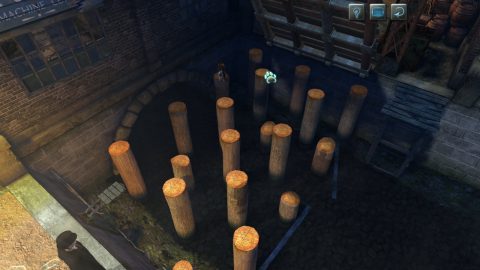
Otherwise, it’s like the classic games, but larger and more developed, and with stronger puzzle grouping. One neat thing the game does at the start of the investigation is give you three stand alone areas where you can explore and progress in separated parts. After the first two areas got you used to the core gameplay, these three segments give a bit of flavor in what you’re trying to accomplish and how to go about it. Whitechapel even makes a return here, now with more suffering poor people to counteract the new sunny weather to keep things properly hopeless. Item puzzles have also been downplayed a bit, and would soon be all but phased out by Crimes and Punishments. They are still here, but not in near as abundance.
The real highlight of this entry is that it looks absolutely gorgeous. Frogwares went all out with their first HD game, including even specialized lighting for certain areas, messes of foliage and trees, and very detailed textures on almost everything. The first investigation area and Holmes’ apartment are flashy bits of the team showing off, packed with details to explore. You can just get lost in some of these areas and spend your time looking at them, it is absolutely absurd how good they look in a mid-market game like this. It still looks fantastic to this day.

That does bring us to a major hiccup for the game’s PC version, though: It kind of runs like a mess. While frame drops are forgivable for a low-action adventure game like this, there are a ton of them on high settings whenever you get around any greenery or specialized lighting. There’s also a save bug where saving the game, or having the autosave kick in, may crash your game right then and there. This is due to the game using 2GB of memory in the act of saving, which simply isn’t enough on higher settings. You can use the patch found here to increase that to 4GB and stop the crashes.
Testament definitely has issues, keeping it from calling it the stunning work it so wants to be, but its highs are quite high. It’s a unique effort from Frogwares to try and bring the adventure genre to a wider audience, a good pulpy time with cozy character dynamics mixed with plenty of violent shock value and classy moments of pondering and exploring. It’s difficult to say with certainty its the best of the old formulas, but it’s definitely second if not that.
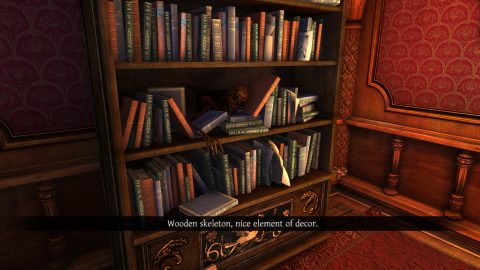
For the next entry, though, Frogwares would take all the learned lessons of this entry to make something special. It was time to abandon the traditional adventure game formula. The next Sherlock Holmes games went in a different direction, completely changing how it approached structure, story, and further refined its look and feel. The end result was Sherlock Holmes: Crimes and Punishments, quite possibly the height of this entire franchise, and one of the finest adventure games ever made.
